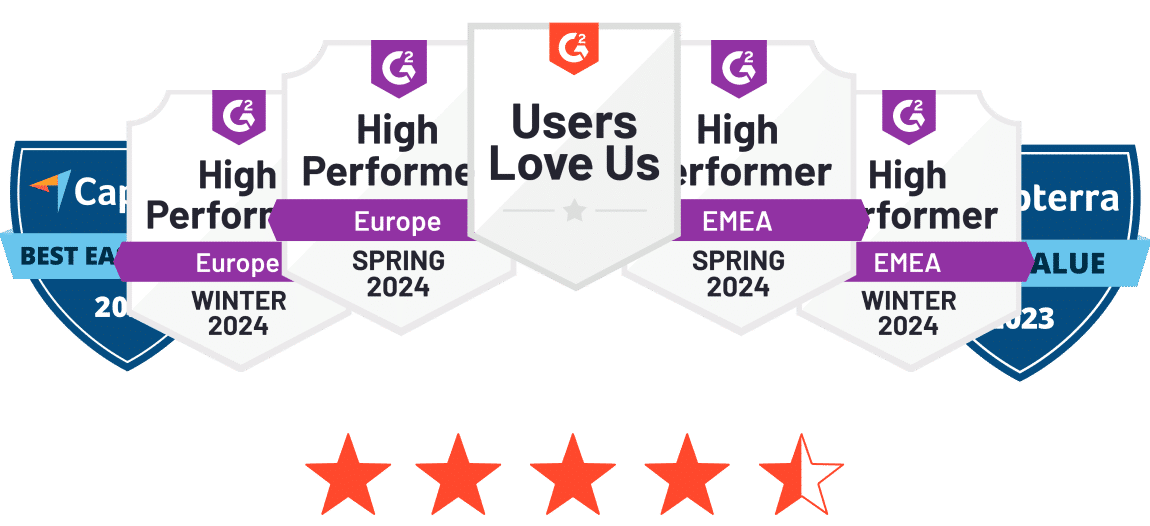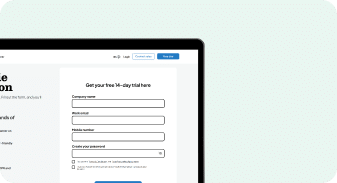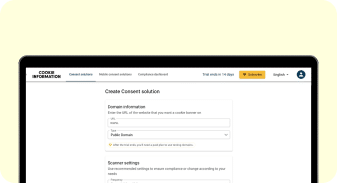Ensure compliance with new Norwegian cookie guidelines
Meet E-com Act requirements with a cookie banner trusted by 5,000+ websites. Start your 14-day free trial and see how Cookie Information simplifies compliance.
- E-com Act, GDPR, and ePrivacy alignment: Comply with Norwegian rules and EU privacy regulations with a single solution
- Customizable banner templates: Choose a pre-built template that meets the new requirements and customize the text and design.
- Auto-generated cookie policy: Create a cookie policy instantly and add it to your website with a simple script.
- Granular consent options: Let users consent to specific cookie categories and allow them to edit their preferences at all times.

Ensure compliance with new Norwegian cookie guidelines
Meet E-com Act requirements with a cookie banner trusted by 5,000+ websites. Start your 14-day free trial and see how Cookie Information simplifies compliance.



